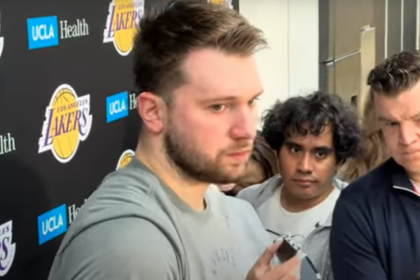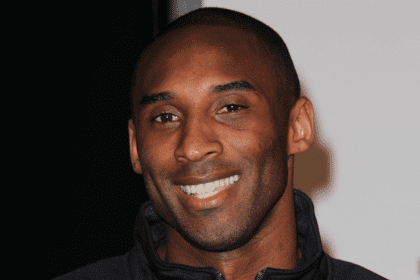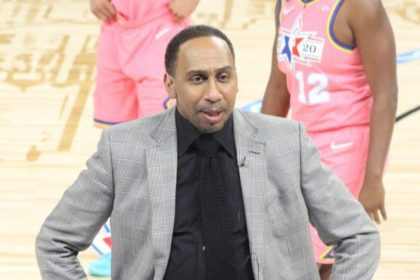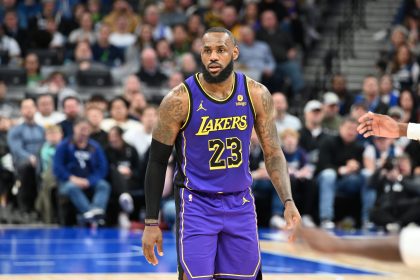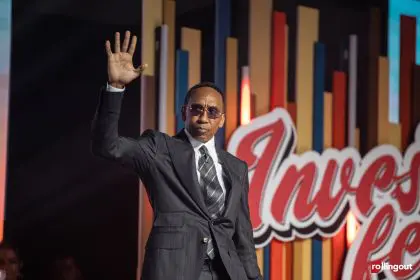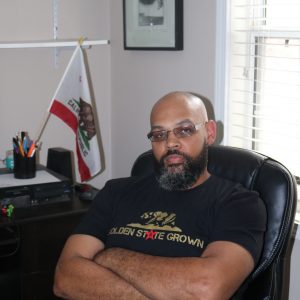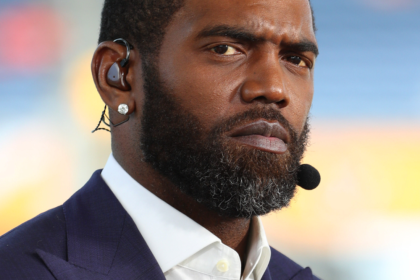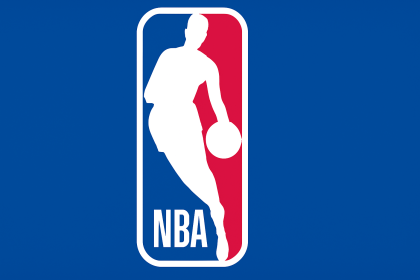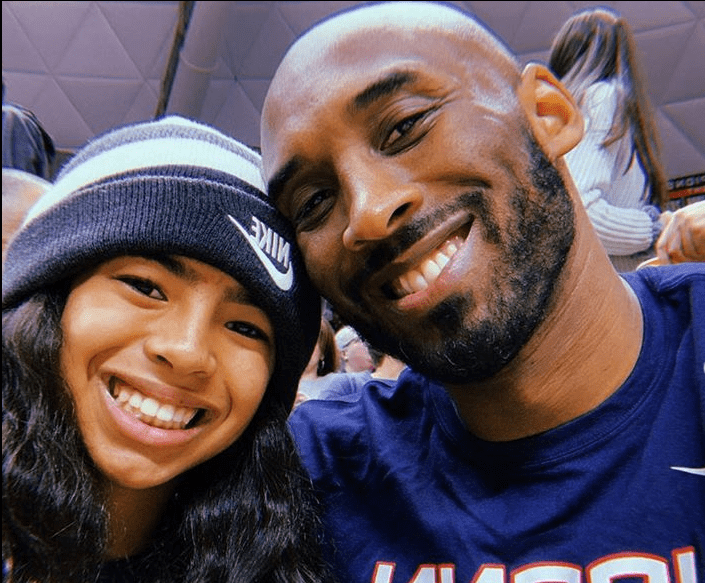
I got the text message that afternoon, Jan. 26.
Only an hour earlier, I had jokingly told a member of my fantasy league that LeBron James was on the bench the night before because “he can’t suit up the night he passes Kobe.”
I figured the text had something to do with that. However, the way it was worded — “You heard? Kobe Bryant?” — gave me pause.
I Googled his name to be on the safe side. Just as I’d anticipated, the first result or two made mention of LeBron’s most recent feat, in having passed Kobe on the all-time scoring list. I continued to scroll down and what I saw next shook me to my core.
“Kobe Bryant k—– in helicopter c—-” or something along those same reckless and irresponsible lines.
I trembled at the thought of it being true, then dismissed the message as a “bad f—in’ joke” in the thread. Then another text came. “This is f—ed up… Is it true?”
At that point I turned on the news, then ESPN and NBA.com. Eventually, the excruciating truth of Kobe Bryant’s unexpected and abrupt passing was made available in its proper context.
Over the next hour or so, my phone was inundated with text messages, IMs, emails and phone calls.
I was numb.
Anyone who knows me knows Kobe was my guy. I wore No. 24 in high school (many moons before he made the switch from 8). My 11-year-old son wears it and, honestly, I don’t know if it’s because of me, Kobe or the fact that he was born on the 24th day of January.
I watched Kobe grow up from a brash, young superstar, who was so socially awkward he couldn’t eat with his teammates, to a leader on and off the court.
He became more accessible in retirement than any other sports icon in recent memory — maybe ever. He won an Academy Award for his short film, Dear Basketball, which he said felt better than a championship. He wrote a book, The Mamba Mentality: How I Play, and created a book series highlighted by Legacy and the Queen — an ode to the magic that exists within female tennis players. He became a serial investor and venture capitalist. He trained young kids, college athletes and professional basketball players of both genders. He became a master motivator and guest speaker for large rooms full of athletes and coaches, all of whom justifiably revered him.
Lastly, he became a spectator and coach with and for his beautiful, talented, bright-eyed 13-year-old daughter, Gianna “Mambacita” Bryant, who also tragically perished in that helicopter crash.
I’m certain there was more to Kobe Bryant than I know, but that doesn’t mean I didn’t watch his evolution in real time, and that’s what hurts so much. It’s why I’ve shed tears on more than one occasion since hearing that inexplicable, fateful news.
I didn’t know Kobe Bryant personally, but I know what I saw was genuine and as real as it gets. I watched him grow up, and I witnessed him become one of the most beloved sports heroes the world has ever seen.
I asked Kobe Bryant a question once that sounded much like a compliment, but it was hard not to be complimentary in the moment. He’d been on a scoring tear, racking up 40- and 50-point games in successive weeks leading up to the 2003 NBA All-Star game. As he answered, without hesitation, he acknowledged the praise and politely said, “Thank you.”
Seventeen years later, as I grieve the man who Magic Johnson, Shaquille O’Neal and countless others openly refer to as the “greatest Laker of all time,” it is my turn.
I am devastated. I am stunned and I am heartbroken that it had to be you. But I would be remiss if I did not express my appreciation for you in this moment.
Thank you, Kobe.
Thank you for a lifetime of memories that will exceed my generation and several more hereafter.
Rest in paradise champ. #Forever24 #BlackMamba #Mambacita


